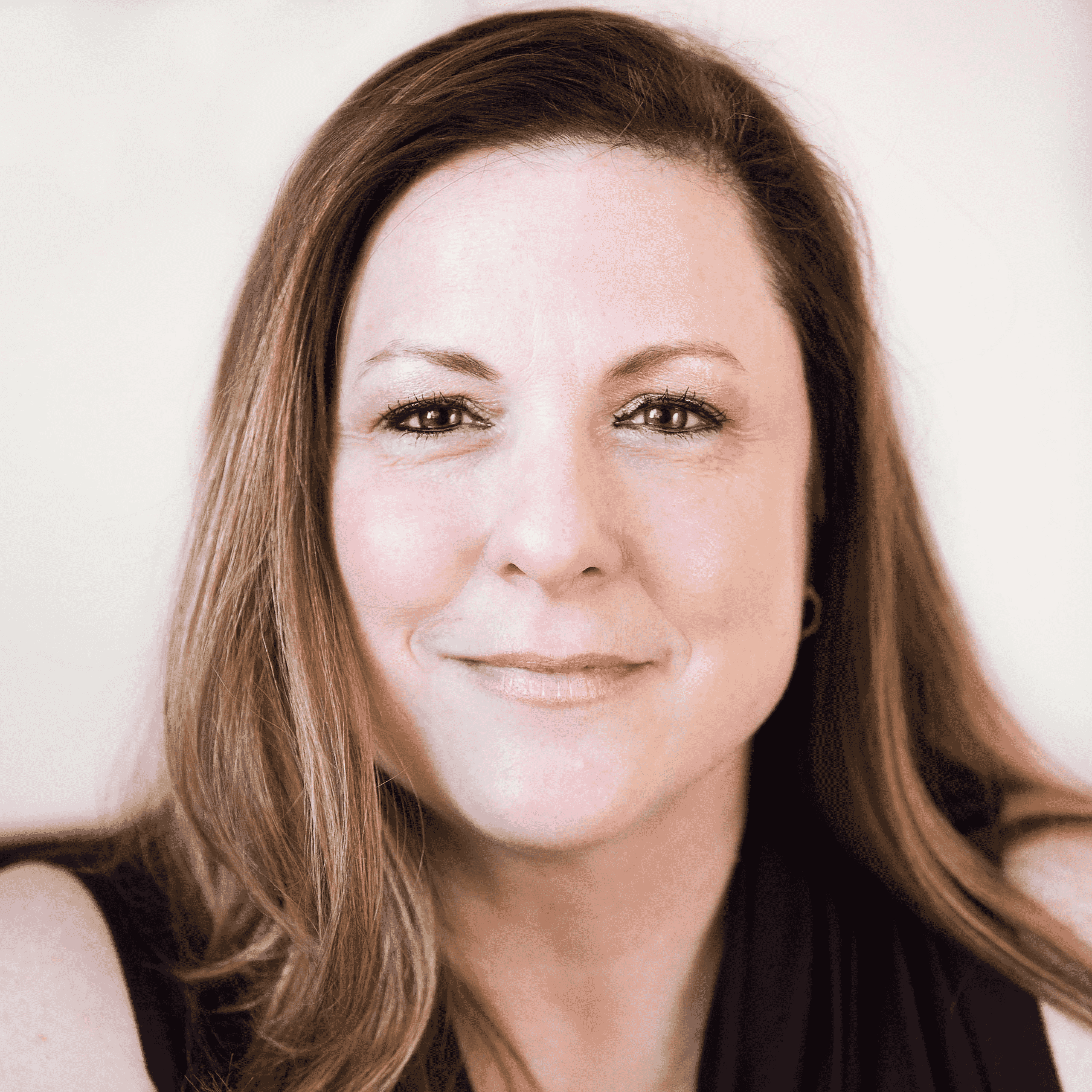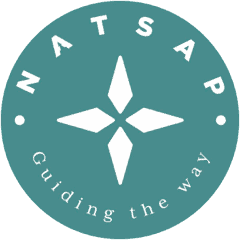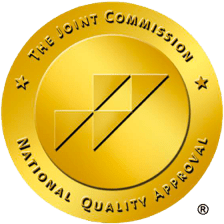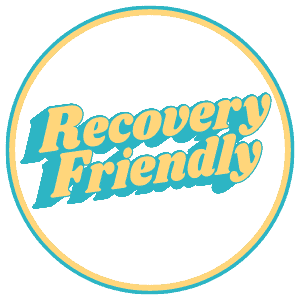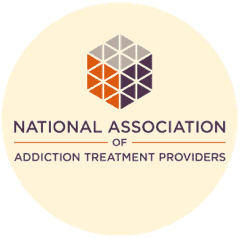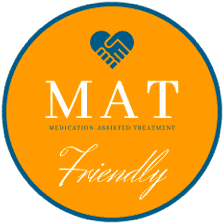Some people believe that prescription drugs are always safe to use. While prescription drugs can be safe and effective when used under medical guidance, some drugs have the potential for abuse or addiction. The likelihood of developing an addiction to prescription drugs is higher when people use them recreationally, but it can happen even when people take them under a doctor’s care.
Once you become addicted to prescription medications, finding treatment quickly is critical. Recognizing the symptoms of prescription drug addiction and knowing how to find help can make it possible to seek treatment as early as possible–and avoid the most severe consequences of substance abuse.
Many people do not seek addiction treatment because they are unsure what to expect. Fear of the unknown can prevent people from getting help when they need it most. This guide will detail what to expect during prescription drug rehab in North Carolina and how to find the programs you need to start your recovery journey.
Reach out to the Next Step Recovery staff today with questions or to explore our treatment programs and take the first step toward a healthier, sober future.
Understanding Prescription Drug Abuse
Some medications people take to manage medical conditions have the potential for dependence and addiction. People who take prescription drugs should always take them exactly as their doctor advised.
Some prescription drugs have the potential for abuse because they provide additional effects, such as relaxation and euphoria. People may take them in higher doses or for longer periods because of these effects. Over time, they may develop tolerance, meaning they require higher doses to get the desired effects.
Some of the most commonly abused prescription medications include painkillers, anti-anxiety drugs, and stimulants. These include:
- Percocet (oxycodone/paracetamol)
- Codeine
- Morphine
- OxyContin (oxycodone)
- Vicodin (hydrocodone/acetaminophen)
Benzodiazepines and sedatives:
- Xanax (alprazolam)
- Valium (diazepam)
- Klonopin (chlorazepam)
- Librium (chlorazedipoxide)
- Ambien
- Lunesta
Stimulants (ADHD medications)
- Adderall
- Vyvanse
- Ritalin
People who take these and other addictive prescription drugs must be aware of the signs of dependence and discuss them with their doctor.
Some people use prescription drugs recreationally–meaning without a prescription–to get the desirable effects. Recreational prescription drug use is always considered drug abuse. People who take prescription drugs recreationally are significantly more likely to develop dependence or to suffer complications, including deadly overdoses.
Risk Factors For Prescription Drug Abuse
Certain groups are more likely to develop prescription drug abuse, but anyone who takes addictive drugs can be affected.
Some of the known risk factors for developing prescription drug abuse include:
- Being a teenager or young adult
- Past or present addiction to alcohol, tobacco, or other substances
- Family history of substance abuse
- Mental illness
- Environment
- Easy access to prescription drugs
- Not knowing the risks of prescription drugs
These risk factors can make a person more likely to abuse prescription drugs. However, people of any age, race, gender, or socioeconomic status can fall into a dangerous pattern of prescription drug abuse.
Do I Need Prescription Drug Rehab?
Prescription drug abuse can cause changes in a person’s emotions, appearance, and behaviors. Recognizing the signs of prescription drug abuse early on can help you get the treatment you need as quickly as possible.
Some of the behavioral signs of prescription drug abuse include:
- Needing to take higher or more frequent doses to get the desired effects
- Engaging in dangerous behaviors while using prescription drugs, such as driving under the influence
- Neglecting relationships, hobbies, and responsibilities because of drug use
- Experiencing withdrawal symptoms if you stop using the drug
- Spending a lot of time, money, and energy getting more of the drug
- Feeling anxious if you run out of medication and can’t get more
Some of the physical signs of prescription drug abuse include:
- Constipation
- Nausea
- Slow breathing
- Drowsiness
- Confusion
- Poor coordination
- Slurred speech
- Memory problems
The signs of prescription drug abuse can vary depending on the medication a person abuses. It’s important to be aware of the symptoms of drug abuse and seek treatment as soon as you recognize a problem.
What Happens in a Prescription Drug Rehab in North Carolina?
People who require prescription drug abuse treatment often begin in a drug detox program. When someone abusing prescription drugs abruptly stops taking them, they may experience uncomfortable, even dangerous withdrawal symptoms. For many, withdrawal is so uncomfortable that people relapse–meaning they use drugs after abstinence–to relieve their symptoms.
During prescription drug detox, medical and support staff monitor patients and offer treatments to help them manage their withdrawal symptoms. These treatments include:
- Medications to reduce withdrawal symptoms
- Emotional support, including individual counseling when appropriate
- Holistic therapies to provide soothing and comfort
Doctors may slowly taper people off prescription medication to avoid complications during withdrawal.
After detox, continuing treatment is necessary. Prescription drug rehab plans typically include:
- Individual, group, and family therapy
- Relapse prevention education
- Medications
- Mental health treatment
- Holistic therapies like nutrition support, exercise, massage, yoga, and more
After completing a prescription drug addiction treatment program in North Carolina, people must develop and follow an aftercare plan to keep them active in their recovery. This may include seeking other types of addiction treatment, continuing individual counseling, and attending 12-step or support group meetings.
Start Prescription Drug Rehab in North Carolina Today
Prescription drug abuse can take a toll on every part of your life. Your physical health, emotional well-being, and relationships can suffer as you struggle with substance abuse. Don’t wait another day to get the help you need. Contact the team at Next Step Recovery today to explore your treatment options and take the first step toward a healthier future.

